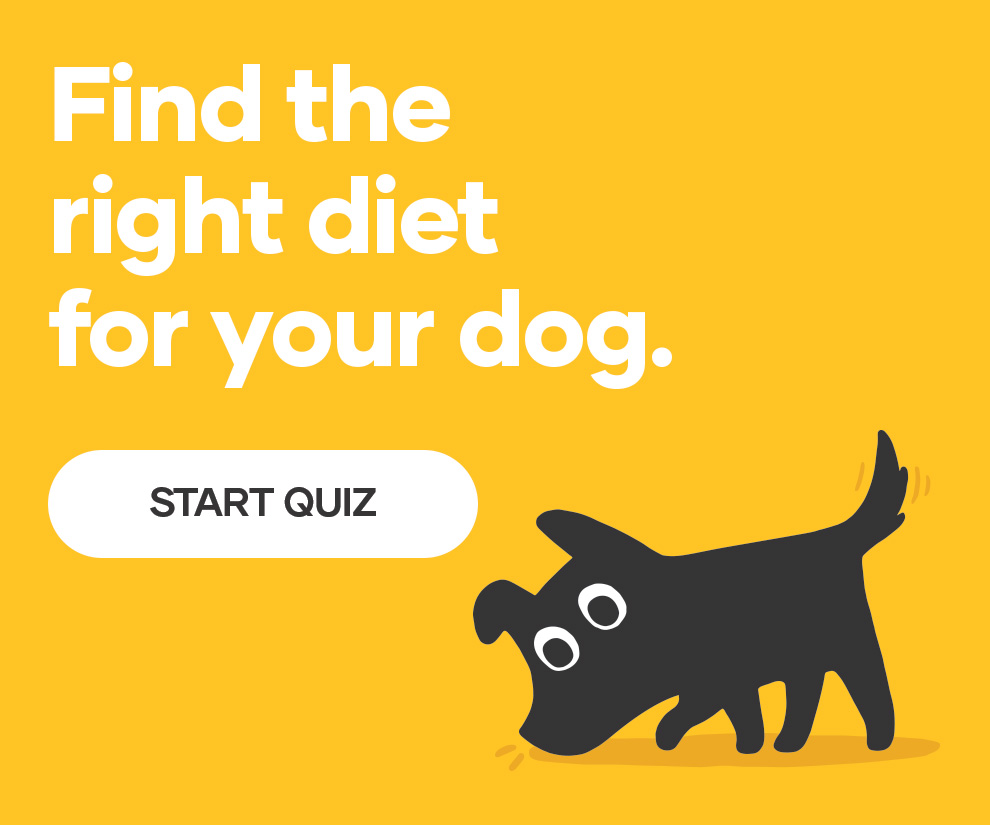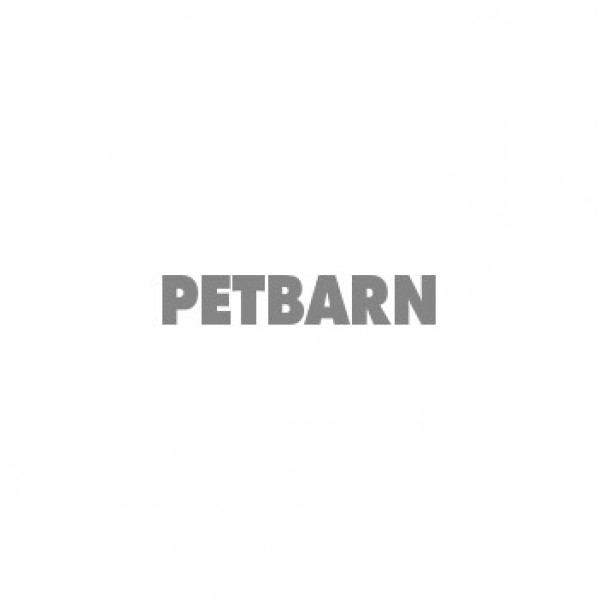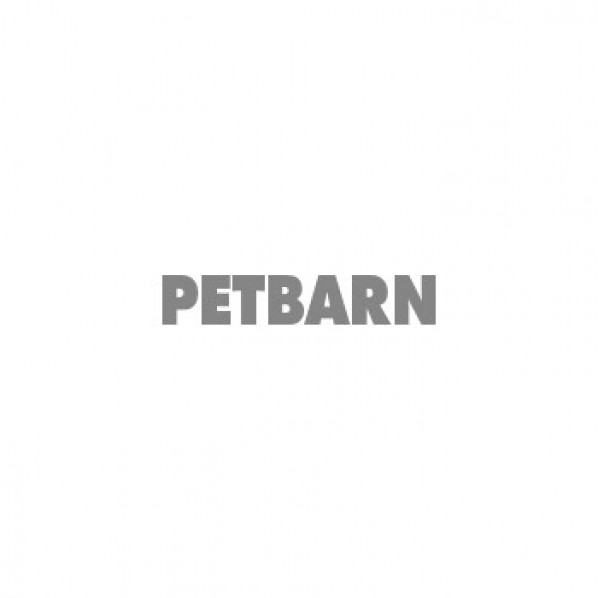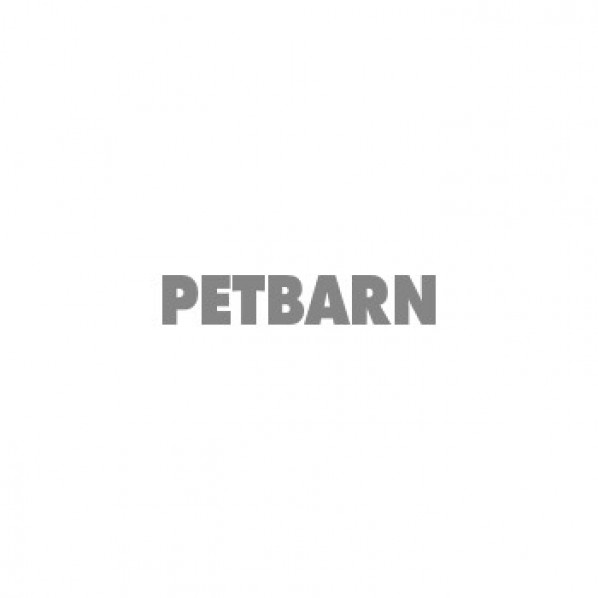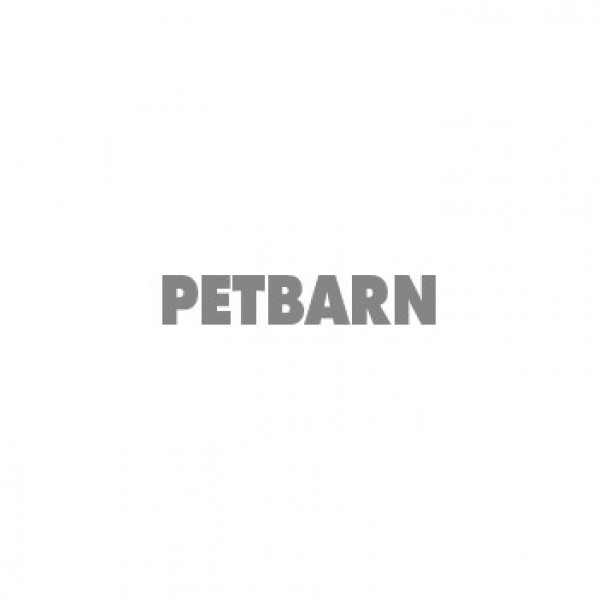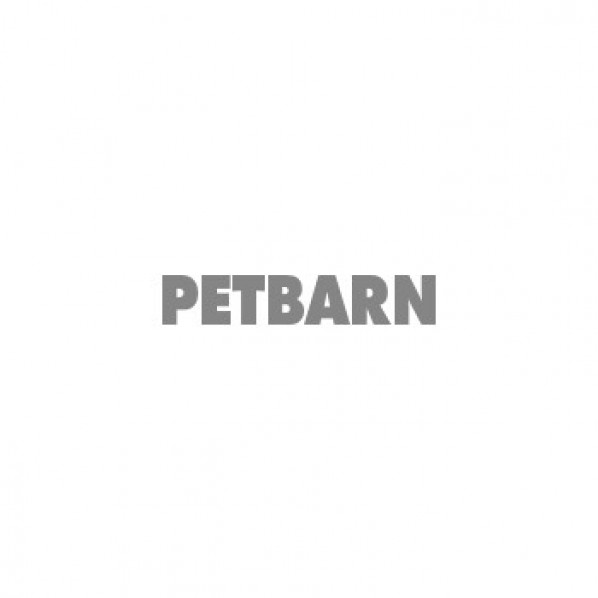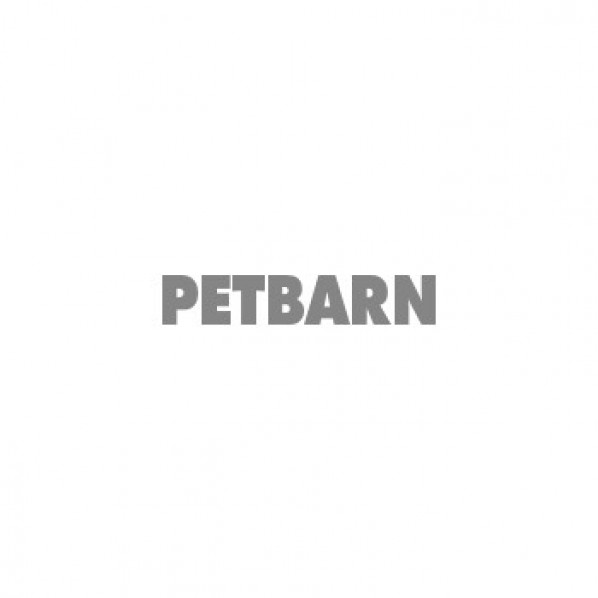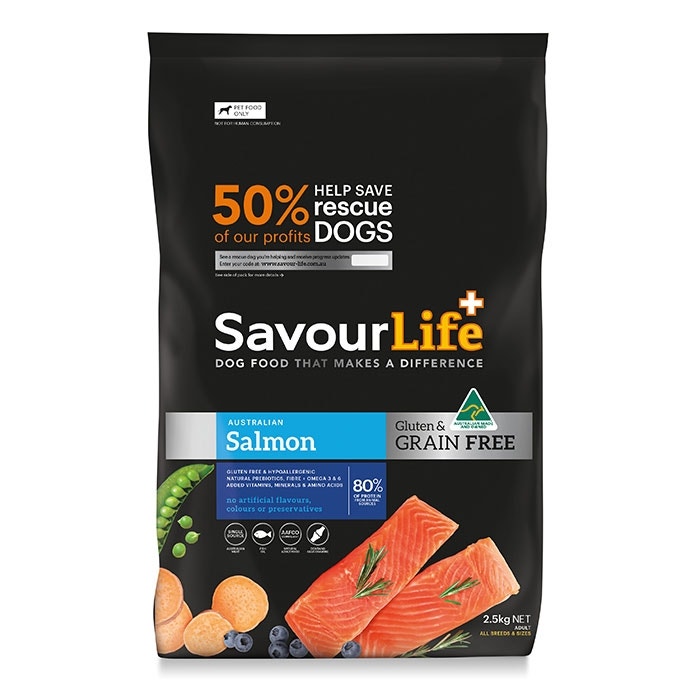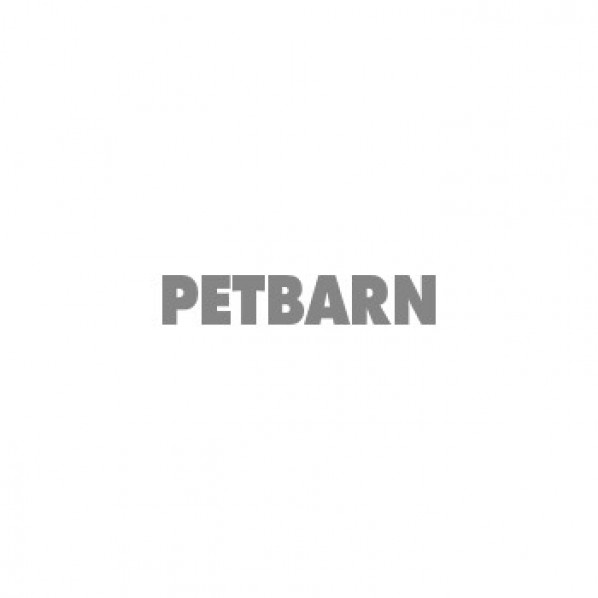Want ... The post Your puppy’s development stages appeared first on Petbarn Articles.
Want to know which milestones to look out for as your puppy grows up into a dog? Here are your puppy’s development stages!
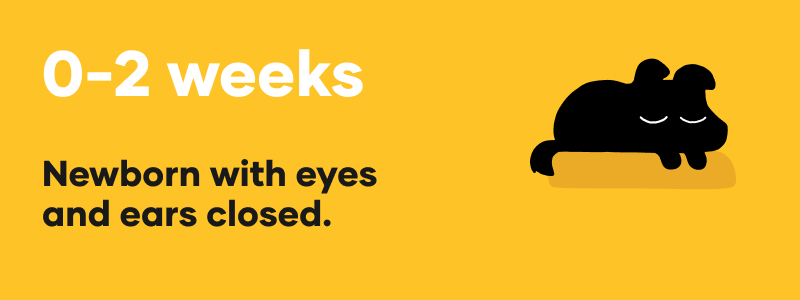
Neonatal stage (0-2 weeks)
Puppies are born with no teeth, and with their eyes and ears closed so they can’t see or hear anything at this stage. Newborn puppies are highly reliant on their mothers for everything from nutrition to keeping warm and staying clean. They have not yet learnt to walk and spend most of their time eating and sleeping.

Transition period (2-4 weeks)
In this stage, puppies will open their eyes and ears and begin responding to stimuli in their environment. They will also practice growling and barking. Puppies will now have greater control of their bodies and begin walking and playing with their littermates.
A puppy’s baby teeth will start erupting at 3-4 weeks of age. They will still be nursing but start to develop an interest in their mother’s food. The weaning process should begin around 4-5 weeks of age with a gradual transition onto solid food using small amounts of soft food at a time.

Socialisation period (5-12 weeks)
Not until they are 8 weeks old are puppies grown enough to leave their littermates and be taken home to their new family. They will start recognising their own name.
It’s time to take your puppy to the vet for the first time so they can have a health check, begin their vaccination program and be microchipped if they haven’t been already. You should also consider getting pet insurance to ensure the health of your puppy.
At 8 weeks old, they are eligible to start behaviour training at Petbarn’s puppy school. At this stage, it is important for your puppy to begin socialising with people and other dogs – as long as those dogs are up to date with their vaccinations.

Pre-adolescent stage (3-6 months)
Puppies are only eligible for puppy school when they are 8-16 weeks old as this is the best age for them to learn basic obedience and commands, so enrol your puppy soon.
Two weeks after their final vaccination (at 16-18 weeks), it will be safe for your puppy to be taken outside. It is important that you expose your puppy to a variety of people, places and experiences when they are young so they do not become fearful when they are older. Take your puppy out for visits to dog parks, the beach, and car rides so they can encounter new dogs and people and be properly socialised.
At 4-5 months, your puppy’s baby teeth will start falling out to make room for their adult teeth. To relieve the pressure on their gums, your puppy may start chewing everything in sight so make sure to provide them with suitable soft chew toys to spare your furniture.
This is a great time to have a conversation with your local Greencross Vets about desexing your puppy. In some states, it is mandatory for your puppy to be desexed by 6 months of age so be sure to check your council and state guidelines to find out what your local requirements are.
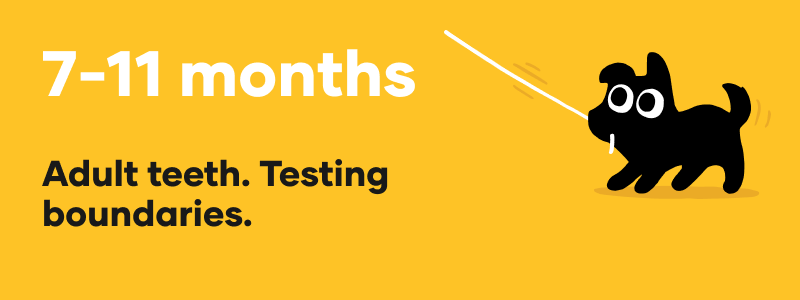
Adolescent stage (7-11 months)
At 7 months, your puppy should have all their permanent adult teeth. Though they may now look like a grown-up dog, remember that they are mentally still a puppy and still need your training and guidance.
By reinforcing the training you have both received at puppy school, you should be having an easier time taking your puppy for walks on a lead and with toilet training and other common behaviours.

Transition to adulthood (12 – 18 months)
If your puppy is a small or medium breed, they’re considered an adult at 12 months of age and will stop growing. Large breeds will continue to grow until they reach their full height and weight at around 18-24 months. When puppies become adults, it is important to transition them from puppy food to adult dog food which will provide them with the right balance of nutrition for their life stage.
Your dog will be a beloved member of your family so keep showing them love, regularly exercising and playing with them and taking them in for routine visits to the vet so you can live long and healthy lives together.
Not sure how to support your dog during their current lifestage?
The friendly team members at your local Petbarn and Greencross Vets are always happy to provide expert advice on how to care for your dog at every lifestage.
The post Your puppy’s development stages appeared first on Petbarn Articles.




